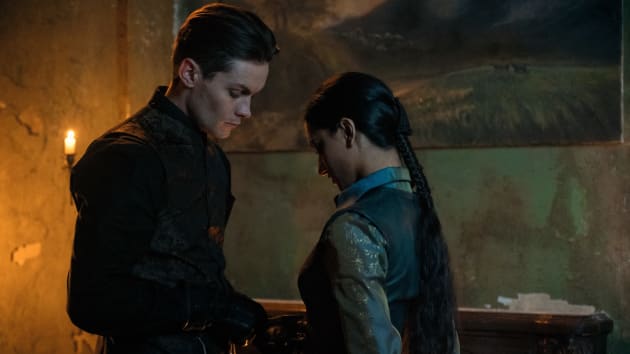A maxim in creative writing pedagogy is that you should not write so-called “slices of life.” This is near enough a rule that the phrase “slice-of-life” has taken on a negative connotation and is used pejoratively. To say, in a workshop, that someone’s story is “slice-of-life” is to say that nothing really happens, that all the story does is more or less pick an undifferentiated moment at random from a character’s life and shine a flashlight on it. Ironically, novels have over the last decade drawn closer and closer to the slice-of-life mode, but this still remains something of a truism in fiction writing instruction.
As an example of what I mean: I recently had a student who submitted a story in which the narrator goes for a night-time run and thinks about her life. It was well-written, smartly observed, sensitive—there was much to recommend it. And yet it was not clear—as I mentioned to the student—why the story regarded this particular night, this particular run. Which is to say that it’s usually incumbent upon a story and its author to create a sense of urgent particularity in the drama presented to the reader. Why this? Why now? Why am I reading this? These are elemental questions a story must usually answer in its unfolding, and the problem with slice-of-life stories is that the slice is indiscriminately cut and served (I realize here that I have always imagined the term refers to a cake, life as a cake, but I don’t know).
As with many things, Trevor happily breaks this “rule” in many of his stories. “An Evening With Joe John Dempsey,” for example, or “The Introspections of J. P. Powers,” the titles of which imply a lack of specificity or urgency—in both of these cases, the evening and introspections under review might have been drawn from any other point in their characters’ lives. The same is true of the title and subject matter of “Sunday Drinks,” in which we get a Sunday of many Sundays that are mostly the same. On Sunday (and on Sundays), Malcom and Jessica cross the common of their posh neighborhood and have drinks with many of their neighbors at the Morrishes (a great name for a couple that hosts a routinely drunken party, incidentally). While at the Morrishes, they drink and talk to somewhat unpleasant people, while at home their adult son, seemingly addled from one too many acid trips, sits in his bedroom with model planes. Jessica becomes overwhelmed by the fact of her son, and they leave the party for a pub where they discuss their neighbors’ lives before returning home to theirs.
The reiterativity of these mornings is, of course, the point. Their son does not seem to have much hope of improvement, and they are too old to have other children. Malcolm is a successful solicitor—they are financially secure—but one imagines these Sundays stretching out endlessly into the future. This kind of set-up, in which a character or characters are imprisoned in a situation that cannot change, is of course one favored by Trevor, and for this reason slice-of-life suits him and can be effective in his hands. Where slice-of-life usually fails is when it represents an insufficient focus on particulars—particular event and meaning. But when every day really is the same, and when the subject of the story is that inescapable sameness, a randomly chosen day holds great power and meaning. This particular Sunday and these particular drinks are metonyms for all of Malcolm and Jessica’s Sundays and drinks, past and future.
A smaller thing I appreciate about this story is the unexpected happy(ish) ending, a trend that began with “The Time of Year,” and that continues with “Sunday Drinks.” Walking home and reflecting on their neighbors troubled marriages, Jessica thinks, “It was odd… that their companionship had developed in their middle age, when luckier people made of their marriages such tales of woe.” It is a small thing, but if feels like a large act of generosity, to grant this woman—this mother who has lost her only son—a sunlit moment of relative contentment.
























































